Impossible has been running a new campaign that responds to the beef industry’s focus on Impossible being quote-unquote processed. I found this bit that Impossible wrote on their Medium page that expands a bit more on the idea that the Impossible is only as processed as many products in our lives:
Bread, yogurt, apple pie and Impossible Burger
Some critics imply that people want only simple food with few ingredients. This flies in the face of thousands of years of increasingly complex food preparation rituals and cuisine. And the number of ingredients is completely irrelevant to health and nutritional value.
Consider bread — the seemingly simple staple of Western cuisine: People selectively breed wheat or other plants; they wash, soak and grind wheat seeds; they harvest and crystallize salt; they carefully select yeast and other microbes and add these to a complex mix; they knead the mixture to unfold and align the gluten proteins to make an elastic dough; they ferment and finally subject the mixture to high heat in a specifically engineered oven (otherwise known as baking). Mechanical processing, diverse and carefully isolated ingredients, and natural chemistry are required — and it took our ancestors years of trial and error to get the choice of ingredients and processes right. Yet the result of all this sophisticated research and experimentation is a “simple” processed food — a loaf of bread, desired and consumed by billions of people every day.
I’ve yet to see any scientists or dieticians weigh in on these ideas, but I’m interested in seeing how it develops. Processed is a nebulous term. Unless you’re eating raw ingredients, they’re processed in some capacity. Even blending produce to make a smoothie is a form of processing.
I think calling Impossible processed is a bit of a misnomer. For me, processed foods are ones that can sit outside of a fridge or freezer for years and taste about the same—even though they should spoil.
This is Impossible’s ingredients list, and the italicized bits in parenthesis are my notes:
Water, Soy Protein Concentrate, Coconut Oil, Sunflower Oil, Natural Flavors, 2% or less of: Potato Protein, Methylcellulose (cellulose is fiber from plants), Yeast Extract, Cultured Dextrose (sugar from corn), Food Starch Modified, Soy Leghemoglobin (plant-derived heme which is similar to heme from animals), Salt, Soy Protein Isolate, Mixed Tocopherols (Vitamin E), Zinc Gluconate, Thiamine Hydrochloride (Vitamin B1), Sodium Ascorbate (Vitamin C), Niacin, Pyridoxine Hydrochloride (Vitamin B6), Riboflavin (Vitamin B2), Vitamin B12.
It doesn’t seem like there’s much to be afraid of here.
